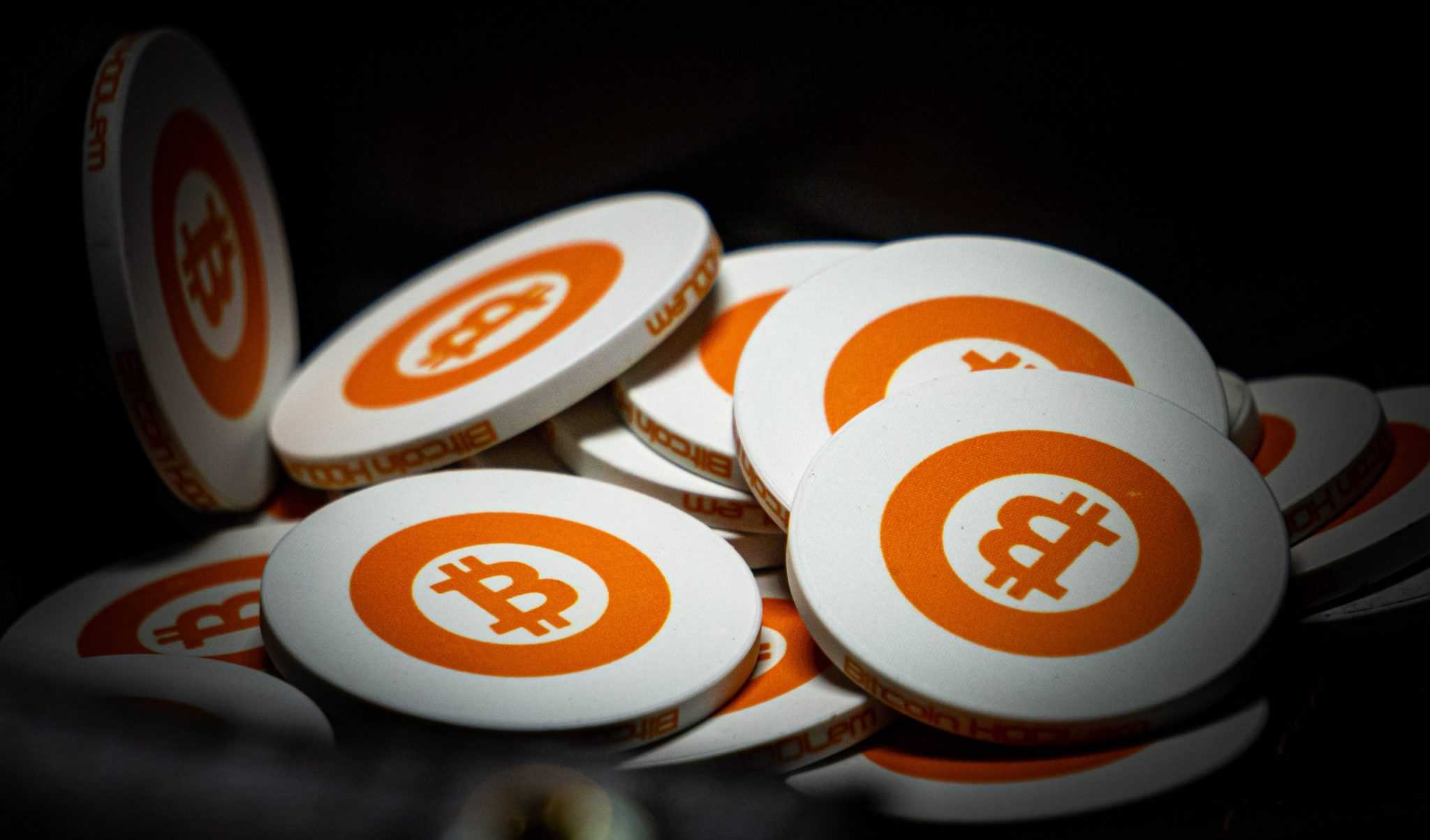Is Crypto Halal or Haram? What Different Scholars Say


Ibrahim Khan
Co-founder
3 min read
Last updated on:
Cryptocurrency is a new type of investment class and scholars are still grappling with the topic. There is a sharp divide in terms of views on the subject right now.
We have created a detailed Cryptocurrency Guide for a Muslim investor here, but in this article we wanted to share a list of some senior scholars who are against cryptocurrency as well as some who are for it.
Please note that a lot of the fatawa relate to bitcoin – not necessarily all cryptocurrencies – however the analysis will be similar for many cryptocurrencies.
Also, some fatawa are from 2-3 years ago, during which time things have developed enormously in the crypto industry, and as such the scholars may have a different view reassessing today.
Scholars who say crypto is haram
- The Grand Mufti of Egypt – Shaykh Shawki Allam – this is the BBC article announcing the news that the Shaykh views bitcoin as haram and this is the original Arabic source. The Mufti argues that there is a high degree of uncertainty, risk, fraudulence, He also noted that there is no deep or systemic control or rule mechanism around the issuance of these coins and that this currency is not linked to any established marketplace or economy.The Shaykh also noted the instability and price fluctuations that bitcoin is prone to and the risks that brings to market participants.He also noted that in order to effectively store bitcoin you need to keep the unique private key for your bitcoins safe through heavy encryption in order to ward of theft, virus attacks and loss. This high level of sophistication needed means that bitcoin is a far remove from normal currencies and the stability and relative ease of storage for them.If there has been a loss or a theft there is almost nothing that can be done to recover the amount – which is very different to if your normal currency was misplaced by a bank for example. The mufti also noted that bitcoin is often used by criminal and nefarious elements to fund their work too due to the untraceable nature of the cryptocurrency.
- The Turkish Government’s Religious wing – They issued a similar edict declaring bitcoin haram based on excessive uncertainty and the potential to be abused by criminal elements[1].
- Shaykh Haitham al-Haddad – he wrote a detailed paper in Arabic here on this topic. He argues that bitcoin is not permissible as it is a currency that is not based on any real value. He also considers mainstream fiat currencies to not be based on any real value since the 1971 Bretton-Woods agreement to unpeg the dollar from gold.However, unlike fiat currencies, there is no authority to back up cryptocurrencies and they are not particularly stable. Also, unlike the use of fiat currency, there is no necessity to use bitcoin.Shaykh Haitham leaves open the potential for a directly gold-backed cryptocurrency and for it to be seen as halal.The Shaykh also concludes that by implication bitcoin mining is also impermissible as it is creating money from nothing.
Scholars who say crypto is halal
- Mufti Faraz Adam – Mufti Faraz’s views are summarised in this video:
https://youtu.be/eDof0CggRyg - Mufti Muhammad Abu-Bakar – Mufti Muhammad undertook a detailed analysis of this topic here. His personal conclusions were that Bitcoin is permissible as it is seen as something valuable and available on currency exchanges and is a medium of payment accepted by a number of shops and platforms today. He also makes a more prudential note that this is a nascent industry, prices are volatile, and there is a risk of loss.
- Ziyaad Mahomed, Shariah Committee Chairman of HSBC Amanah Malaysia Bhd – He argues that while gold and silver are unambiguously permissible as currencies in Islam, the sharia doesn’t require that a currency have intrinsic value. All that is important is that there is social acceptance among people that such currency has value and it is capable of being used in transactions.However Shaykh Ziyaad also points out that where cryptocurrencies like bitcoin become excessively volatile with retail investors driving irrational increases in price, the trading in bitcoin could be seen as more questionable.Overall, the Shaykh concludes on a cautiously optimistic note regarding the potential of cryptocurrency.
For views of even more scholars and their analysis please refer to our Fatwa Forum thread on Bitcoin here. For our views on the topic see this article.
[1] https://islamicbankers.files.wordpress.com/2019/02/2017-shariah-analysis-of-bitcoin-cryptocurrency-blockchain.pdf
Comments (0)
Related Articles
View all
Is Bitcoin and Crypto Haram? The Ultimate Guide for Muslim Investors
14 July 2025 9 min read

How to Invest in Gold As A Muslim: A Complete Guide
25 April 2025 12 min read


Leave a Reply